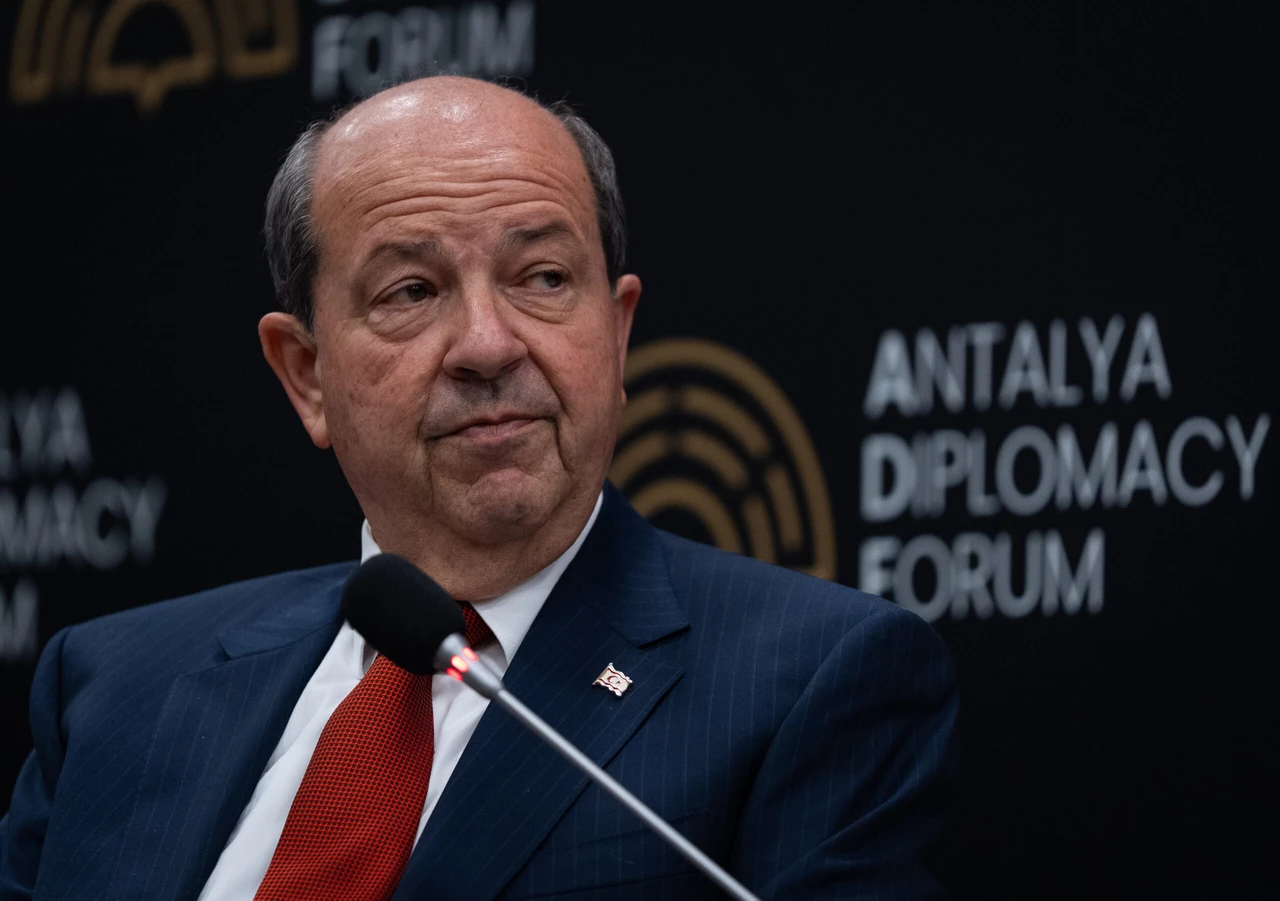Musk faces criticism for spreading misinformation ahead of US election
 This combination of pictures created on August 12, 2024 shows, L-R, Tesla CEO Elon Musk speaking at the 27th annual Milken Institute Global Conference at the Beverly Hilton in Los Angeles on May 6, 2024 and former US President and 2024 Republican presidential candidate Donald Trump standing onstage during the last day of the 2024 Republican National Convention at the Fiserv Forum in Milwaukee, Wisconsin, on July 18, 2024. (AFP Photo)
This combination of pictures created on August 12, 2024 shows, L-R, Tesla CEO Elon Musk speaking at the 27th annual Milken Institute Global Conference at the Beverly Hilton in Los Angeles on May 6, 2024 and former US President and 2024 Republican presidential candidate Donald Trump standing onstage during the last day of the 2024 Republican National Convention at the Fiserv Forum in Milwaukee, Wisconsin, on July 18, 2024. (AFP Photo)
Elon Musk, with his 200 million followers on X (formerly known as Twitter), has drawn intense criticism for contributing to the highly charged political atmosphere as the United States approaches a polarized election season. Through his posts, often labeled incendiary and misleading, Musk is seen as amplifying misinformation on a platform already under scrutiny for failing to curb false narratives.
Concerns have been raised about Musk’s ability to influence voters through X, especially after he endorsed Donald Trump, the Republican nominee. Researchers warn that Musk’s platform and personal account may be used to sow doubt about the electoral process and even incite violence against political opponents and election workers.
“Musk has a huge following on X, and he treats the platform like his own misinformation megaphone,” said Imran Ahmed, CEO of the Center for Countering Digital Hate (CCDH), in a statement to AFP.
One of the most controversial moments came after Musk shared debunked claims that Democrats were “importing” migrants to vote in the November election, as well as a baseless story alleging immigrants from Haiti in Ohio were killing and eating pets. Musk’s amplification of such narratives has added to growing concerns over the spread of disinformation on X.
Following a second assassination attempt on Trump, Musk also sparked outrage by posting a comment questioning why no one was targeting President Joe Biden or his running mate, Vice President Kamala Harris. The post, which Musk later deleted, was condemned by the White House as “irresponsible,” with officials adding that violence should never be encouraged or joked about.
Musk’s involvement in sharing a deepfake video further fueled the controversy. The video, which depicted a voiceover mimicking Vice President Harris calling Biden senile and claiming she was unfit to run the country, was originally posted by a conservative account as a “parody.” However, Musk’s repost lacked any such disclaimer, adding to the widespread confusion.
Impact on election integrity
According to the CCDH, Musk’s election-related posts have garnered nearly 1.2 billion views since January, with 50 of them containing debunked claims verified by independent fact-checkers. Despite these concerns, X has not publicly responded to requests for comment.
Analysts have noted that Musk’s current role on X mirrors the influential position Trump held on the platform during his presidency. Joshua Tucker, co-director of the NYU Center for Social Media and Politics, pointed out the media’s role in amplifying Musk’s posts, stating, “What is happening with Musk these days on X feels similar: his posts are not just seen on the site, but they also seem to be getting a lot of pickup in the media.”
Musk’s aggressive rebranding of X as a “censorship-free haven” since his 2022 acquisition has drawn praise from conservative circles but has also led to the erosion of trust in the platform’s content moderation. Musk dismantled trust and safety teams, restored conspiracy theorists to the platform, and scaled back efforts to tackle disinformation—creating what researchers have described as a breeding ground for false information.
In August, five U.S. states sent an open letter to Musk, urging him to address issues with X’s AI chatbot, Grok, after it spread election misinformation.
Global scrutiny
While Musk operates relatively freely in the U.S., international regulators have not hesitated to step in. In Brazil, a judge ordered the temporary suspension of X after Musk refused to remove right-wing accounts spreading falsehoods and failed to appoint a new legal representative in the country. Musk eventually complied with the court orders following legal pressure.
In the European Union, regulators are conducting a comprehensive investigation into X’s handling of disinformation, with the possibility of fines or legal actions if the platform is found in violation of EU rules. Similarly, Australia and the UK are preparing to introduce stricter regulations for platforms like X to ensure better control over content.
“Musk’s reputation is slowly losing in the court of public opinion, with people increasingly calling out his authoritarian tactics,” Nora Benavidez, senior counsel at Free Press, told AFP. “He can continue down this sad path, but it’s a losing battle.”



